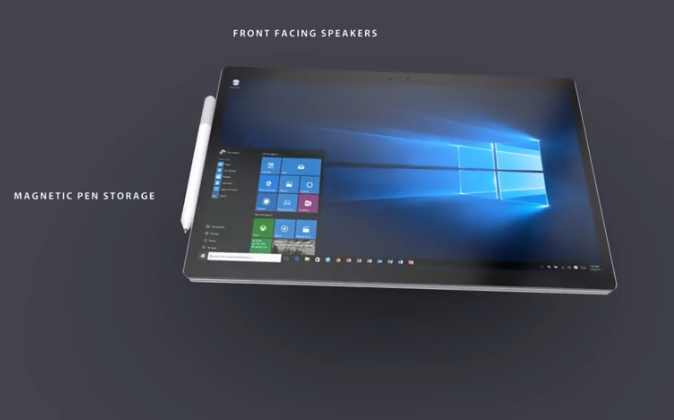Microsoft has shaved off the tag for both the Surface Pro 3 and 4, offering savings of to $200 and then indicated that the Windows 10 Anniversary Update (formerly Redstone) is coming June 2016. But contrary to expectations, the Surface Pro 5 release date is not happening anytime this year and for a host of reasons.
One solid reason could be Microsoft's preference to use the upcoming Intel Kaby Lake processing chip for its line of hybrid devices, Neurogadget reported. And such as a decision is understandable as Kaby Lake will further improve on the mobile device enhancements already seen with the Intel Skylake. Apparently, the software would want a device engine that is more optimized for the 2-in-1 Surface and there is no better option that Kaby Lake.
But why wait until 2017? The chip, according to reports, will not be commercially ready and in mass numbers until the last months of 2016. So quarter one rollout for next year seems the suitable launch schedule for the next Surface Pro.
And another important thing that could greatly influence Microsoft's Surface Pro 5 release date plans is the next big update concerning Windows 10. That is for Redstone 2 that will add new capabilities to the operating system and enhance its existing features. Rumors said Redstone 2 will make Windows 10 even more compelling and the best way to showcase the exciting upgrades is though Microsoft's in-house hardware - either the Surface Pro 5 or the Surface Book 2.
As the two factors mentioned above logically point to a 2017 release thrust, so are the talks on the numerous feature boosts that Kaby Lake and Redstone 2 will optimally support are spiking up. Of note are the hardware adjustments that will render the Pro 5 boasting of native features such as Ultra HD 4K display and USB 3.1. The former will make for a more immersive mobile screen experience while the latter will deliver ultra-fast recharging and easier file-sharing.
Express reported too that with the Surface Pro 5 release date, Microsoft will pack a better Surface Pen stylus - one that is rechargeable when docked on a magnetic charging terminal specifically designed for the input instrument and thought to be integrated with the device.



























